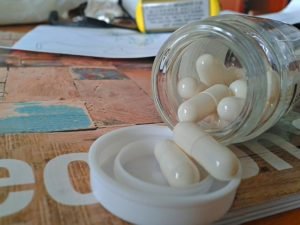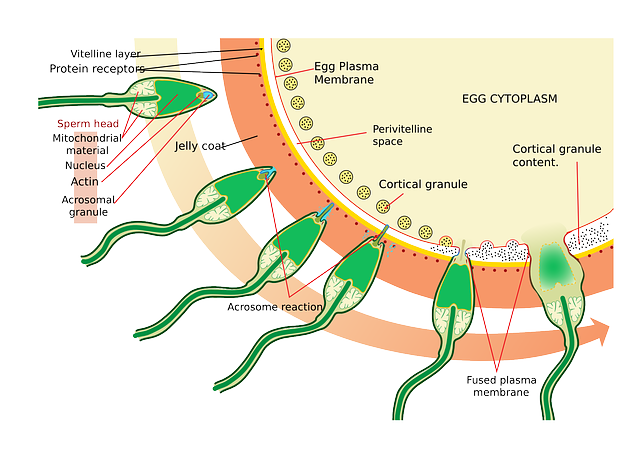A new study suggests that the live bacteria in yogurts and probiotic health drinks, such as Activia and Yakult, may help to improve cognitive function and memory retention in people with Alzheimer’s disease.
More than 5.2 million people are currently diagnosed with the incurable Alzheimer’s disease in the US, which costs more than $230 billion in healthcare per year. By 2050, researchers predict that up to 16 million people will be affected by the disease, with 1 in 9 people over the age of 65 already being affected daily.
Details of the study
A clinical trial was conducted on 52 people diagnosed with Alzheimer’s disease over a 12-week period to assess whether probiotics could improve memory and brain function.
Participants were aged between 60 and 95 and included both men and women. One- half of the group was given a daily milk drink which was enriched with four types of probiotic bacteria, including Lactobacillus acidophilus, Bifidobacterium bifidum, L. Casei, and L. Fermentum, while the other half consumed an enrichment-free milk drink. 
Cognitive function and blood samples were tested and a Mini-Mental State Examination (MMSE) was conducted before and after the study. The test included remembering the date, naming objects, copying a picture, repeating a phrase, and counting backward by sevens from 100.
What were the results?
The group with the enriched drink improved their MMSE scores by 21% while the non-enriched group was found to score an average of 6% lower or, at best, showed no improvement at all.
While all 52 patients remained severely cognitively impaired, researchers were able to demonstrate the positive effect that probiotics could have in such a short period of time. The results of the study were published in the Frontiers in Aging Neuroscience journal.
A previous study conducted by Professor Mahmoud Salami, the senior author of the study from the Kashan University in Tehran, showed that probiotic treatment could improve spatial learning and memory retention in diabetic rats, but this was the first study to prove that probiotics could also benefit cognitive function in Alzheimer’s patients.
Any other benefits?
Probiotic treatment also helped to reduce the level of cholesterol and triglycerides (fat) in the blood, which significantly lowers the risk of developing heart disease.
“These findings indicate that change in the metabolic adjustments might be a mechanism by which probiotics affect Alzheimer’s and possibly other neurological disorders,” said Professor Salami.
What’s next?
Researchers plan to conduct more detailed studies to further assess the link between the balance of probiotics in the gut and the brain, which could help to significantly improve Alzheimer’s disease symptoms.
Dr. Rosa Sancho, a head researcher at Alzheimer’s Research in the UK, says: “The brain is often viewed as being separate from the rest of the body but scientists are understanding more about how changes in the body can impact upon the brain too.”
Professor Salami agrees that the improvements in memory and cognitive function that were seen in Alzheimer’s patients in this study must be repeated on a much larger scale to fully understand why probiotic treatment is so effective on the brain.
“We don’t fully understand how changes in the gut could be affecting the brain, and Alzheimer’s Research UK is funding research in this area to improve our understanding of this link,” said Dr. Sancho.
Sources:
https://www.alzfdn.org/AboutAlzheimers/statistics.html
https://www.ncbi.nlm.nih.gov/books/NBK25535/
https://www.tandfonline.com/doi/abs/10.1080/10408398.2011.579361
https://www.mdpi.com/2072-6643/2/4/449/htm
https://nccih.nih.gov/health/probiotics/introduction.htm
https://www.health.harvard.edu/vitamins-and-supplements/health-benefits-of-taking-probiotics






